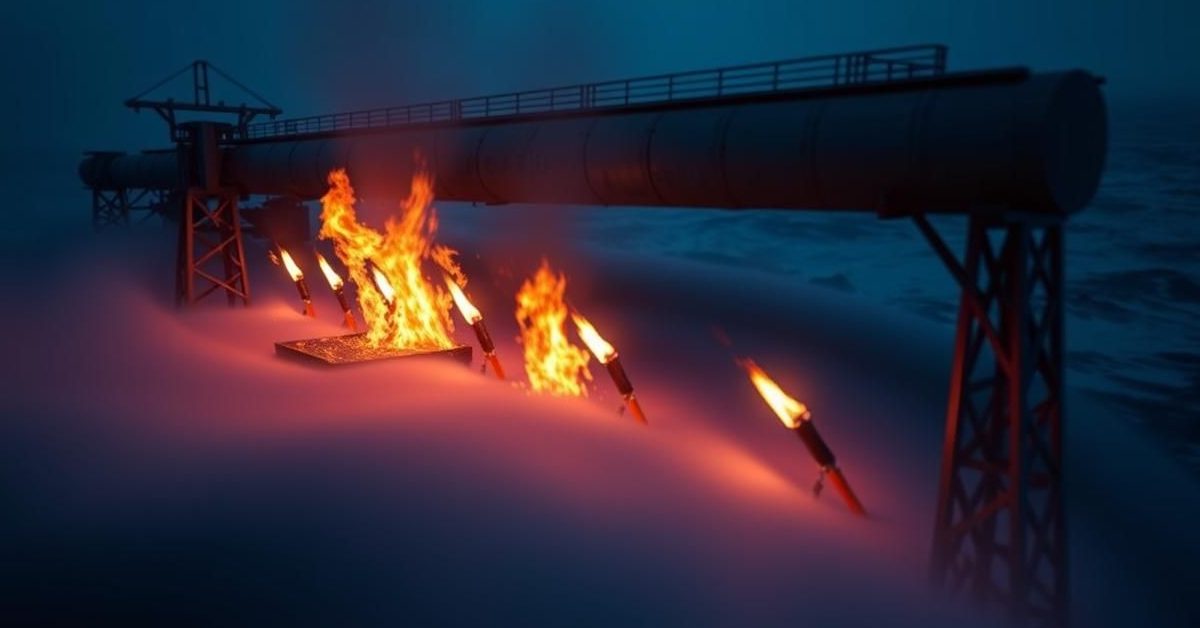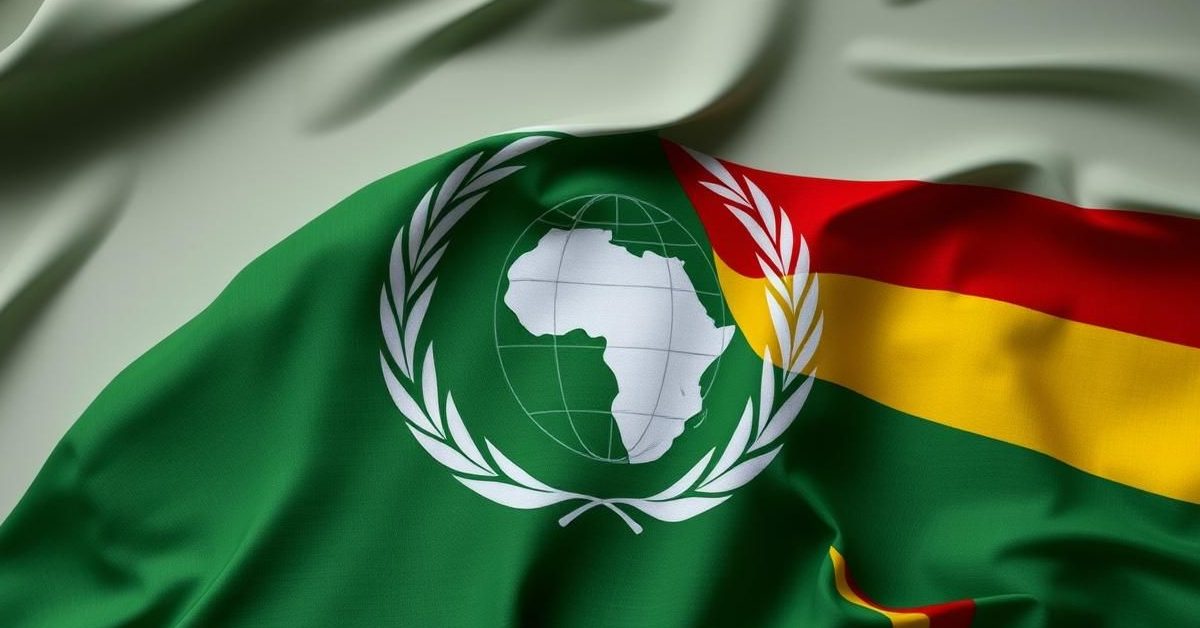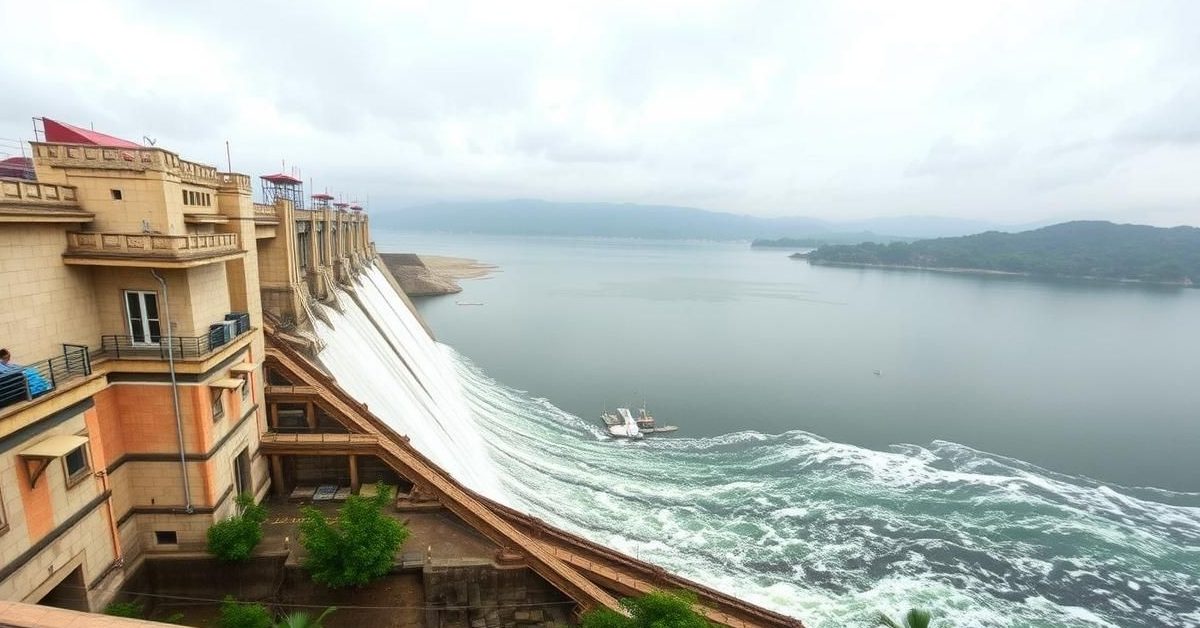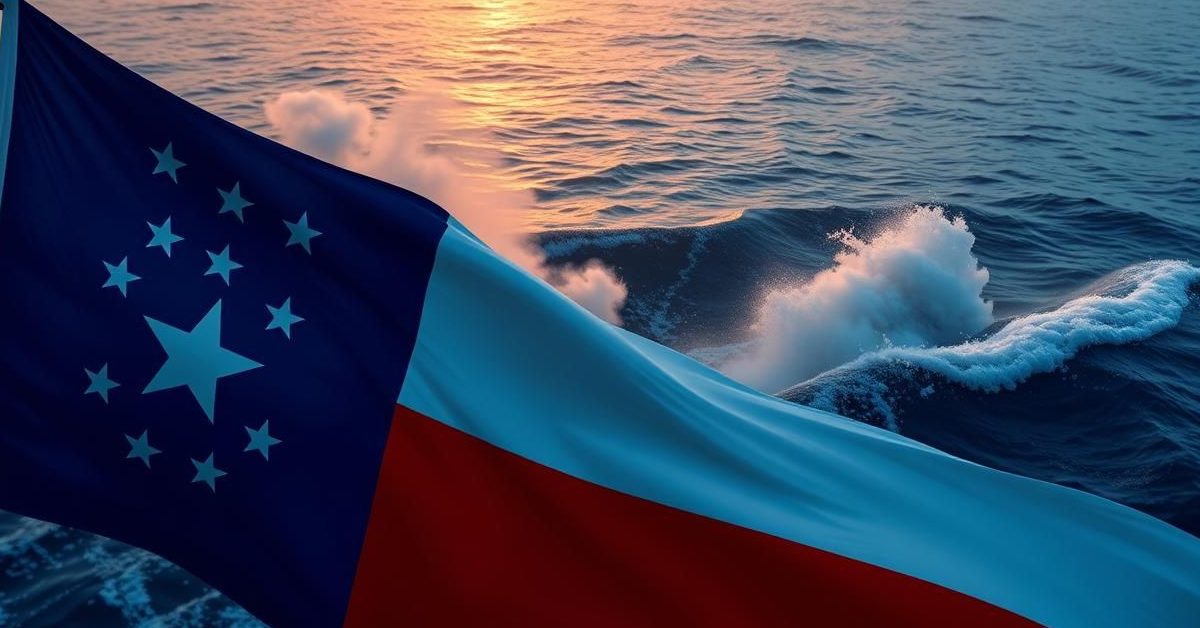This week saw India navigating complex global dynamics, from dismissing US sanctions threats and cautiously thawing ties with China to the ripple effects of EU sanctions on Russia reaching its shores, while the humanitarian crisis in Gaza deepened amidst failed ceasefire talks.
India Stands Firm Amid US Sanctions Warnings
As Indian negotiators work on a trade deal with the US, new challenges have emerged. The US Congress is considering a bill that could impose huge tariffs on buyers of Russian energy. Adding to this, former US President Donald Trump warned of 100% tariffs against Russia’s trading partners if the Ukraine war doesn’t end soon. NATO chief Mark Rutte echoed these threats, hinting at secondary sanctions on countries like India and China for dealing with Russia.
India responded strongly, stating that securing its people’s energy needs is a top priority and cautioned against “double standards.” India’s oil imports from Russia have significantly increased since 2022, now making up about 36% of its total oil imports.
The European Union’s latest sanctions include a ban on fuels made from Russian crude, even if processed in third countries. This could significantly impact India’s refined fuel exports to Europe. Despite these pressures, India’s Petroleum Minister, Hardeep Singh Puri, assured that the country has diversified its crude sources and can handle any developments.
Trade Hurdles with the US: Agriculture and Dairy
Beyond energy, agriculture and dairy remain major sticking points in the India-US trade talks. An Indian farmers’ group has urged the government to exclude agriculture from the deal, fearing that heavily subsidized US agricultural products would harm local farmers.
A State Bank of India report highlighted that opening India’s dairy sector to US imports could lead to an annual loss of over Rs 1 lakh crore for Indian dairy farmers. These concerns are amplified by past remarks from Donald Trump about gaining “access” to India’s markets, using deals with other countries as a template.
A Cautious Thaw in India-China Relations
Five years after the Galwan Valley clashes, India’s External Affairs Minister S. Jaishankar visited China for the Shanghai Cooperation Organisation (SCO) meeting. He emphasized the importance of open dialogue between the two nations.
While Jaishankar reiterated the SCO’s mandate to combat terrorism, a joint statement from the Foreign Ministers’ meeting, much like the earlier Defence Ministers’ meeting, was not issued. This reflects ongoing sensitivities, especially regarding issues like the Pahalgam terror attack.
Despite these diplomatic complexities, there are signs of a thaw. The resumption of the Kailash Mansarovar Yatra, discussions on direct flights, and easing visa restrictions suggest a cautious rebuilding of ties. However, significant challenges persist, including unresolved border issues and China’s continued military expansion and economic policies that impact India.
EU Sanctions Hit Russia, Create Ripples for India
The conflict in Ukraine continues, with Russia launching extensive missile and drone attacks following the EU’s latest sanctions. These sanctions target Russia’s oil and energy industry and include a ban on imports of Russian-origin fuels from third countries, which directly affects India’s fuel exports to Europe.
India, however, maintains it does not subscribe to unilateral sanctions. Russia has labeled the EU sanctions “unlawful” and claims to have adapted to living under such restrictions. The US is also increasing pressure on Russia, sending more weapons to Ukraine, while President Volodymyr Zelenskiy reported widespread damage from recent Russian attacks.
Gaza Crisis Deepens Amid Failed Ceasefire Efforts
The humanitarian situation in Gaza remains dire, with the World Food Programme describing it as “the hungriest place on Earth.” Reports indicate widespread starvation and continued Israeli military actions, including deadly strikes near food aid sites in Rafah.
Hamas claims Israel rejected a ceasefire proposal that would have seen the release of all remaining captives in Gaza. Despite mediation efforts by Qatar, Egypt, and the US for a 60-day truce, a core impasse remains: Hamas demands a permanent ceasefire and full withdrawal, while Israel insists on Hamas’s unconditional surrender.
- India asserts its right to secure energy needs, rejecting US/NATO pressure over Russian oil imports.
- Agriculture and dairy sectors are key sticking points in ongoing India-US trade deal negotiations.
- While India-China ties show signs of thawing, significant border and economic issues remain unresolved.
- EU sanctions on Russian oil impact India’s refined fuel exports to Europe, adding another layer to global trade complexities.
- Ceasefire talks for Gaza have stalled due to fundamental disagreements between Hamas and Israel, worsening the humanitarian crisis.
These developments underscore a period of intense diplomatic activity and geopolitical realignments, with nations navigating complex relationships and pressing global challenges.















